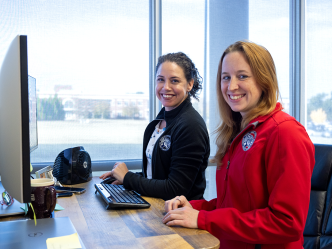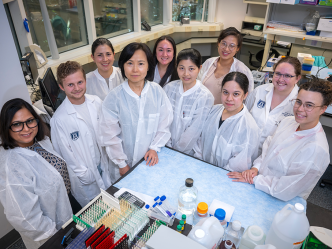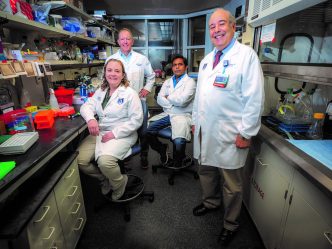A new study by Lance Hunter, PhD, professor of social science in Augusta University’s Pamplin College of Arts, Humanities, and Social Sciences, reveals a direct link between voluntary involvement in civil social groups and a lower risk of suicide.
In the study, published in Cross-Cultural Research, Hunter looked at data gathered from 2000 to 2019 from 156 countries with varying levels of development from Africa, Asia, Australia, Europe, North America and South America and found that participation in civil society groups, both political and non-political, may produce positive social and psychological benefits that are associated with lower suicide rates.
September is National Suicide Prevention Month, during which mental health advocates, prevention organizations and other community groups promote suicide prevention awareness.
“The greater the voluntary participation in civil society groups within the country, the lower the suicide rates are for that country,” said Hunter. “Voluntary civil society participation is a great way for people to connect with other individuals with similar interests and possibly find meaning and purpose to some degree. That in turn decreases feelings of social isolation, which can decrease the likelihood of suicidality or suicide.”
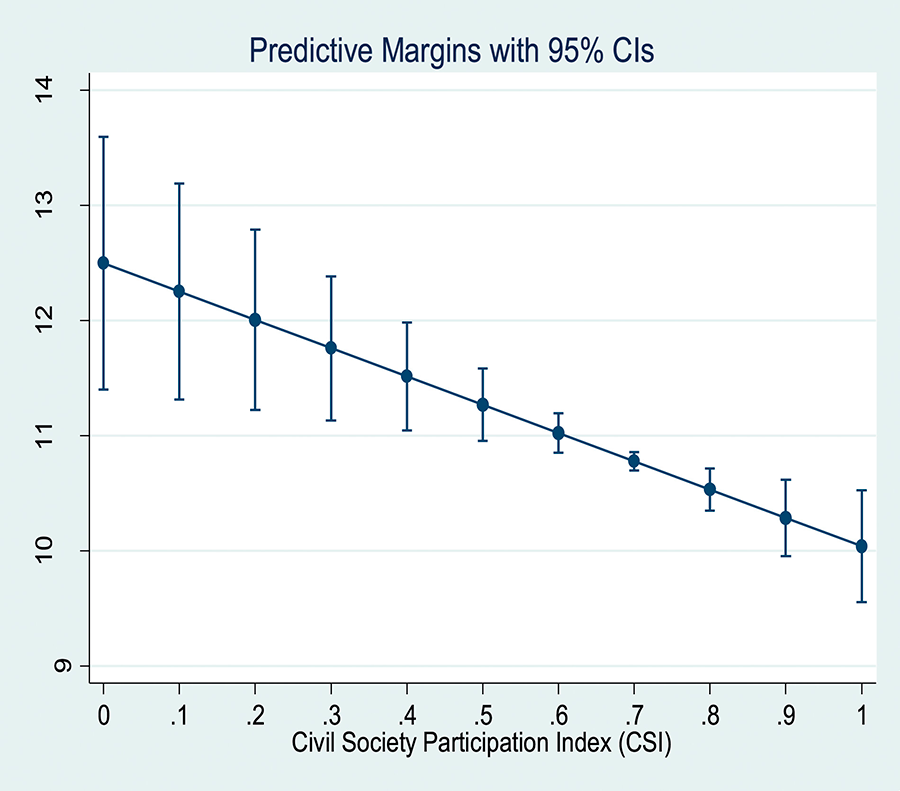
Based on the research, he noted that social isolation is a major factor in suicide ideation and attempted suicide but it’s not the only factor.
“It is important to note there are many psychological, biological, social and mental health factors that can contribute to suicide risk. Civil society participation and social isolation are just two factors among many that can affect suicidality,” said Hunter.
Meredith Rausch, PhD, associate professor in the College of Education and Human Development’s Department of Research, Counseling and Curriculum, said research shows ideation and deaths by suicide in the United States tend to rise between February and April and again in August and September.
“I have found the change in seasons often leads to people feeling overwhelmed when it comes to thinking about enduring another season,” said Rausch. “While the advent of spring or autumn may seem enjoyable or hopeful to some people, others find it to represent an entirely new season and the idea of experiencing that is exhausting.”
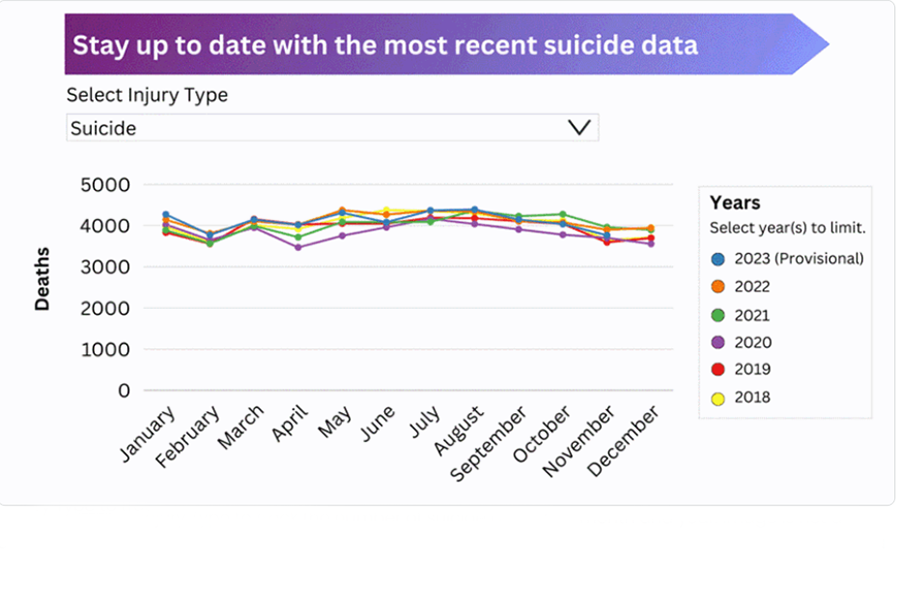
Rausch also notes it’s important to note how these times of the year also coincide with the academic year, causing an increase in bullying, frustration with academics or other negative experiences for school-aged children.
According to a 2023 study by the World Health Organization, more than 700,000 people worldwide die each year by suicide, and suicide is the fourth-leading cause of death among people 15 to 29 years old.
Student Counseling & Psychological Services is committed to providing mental health services for currently enrolled AU students in a safe and inclusive environment to promote and preserve student wellness.
SCAPS provides QPR (Question, Persuade and Refer) Suicide Prevention Training. Just as people trained in CPR and the Heimlich maneuver help save thousands of lives each year, people trained in QPR learn how to recognize the warning signs of a suicide crisis and how to question, persuade and refer someone to help.
This free training is provided in a 1.5-hour format and includes didactic instruction, role play exercises and time for questions. Take the first step in saving lives by signing up for a QPR Training today. Those interested in learning more or signing up for QPR Suicide Prevention Training can email Elena Petrova, PhD, director of SCAPS and a licensed psychologist.
SCAPS assists students with emergencies from 8 a.m. to 5 p.m. Monday through Friday. Urgent concerns include thoughts of hurting self or others, recent traumatic experiences, inability to meet needs, grief, among other similar experiences.
Please call 706-737-1471 to get connected with a counselor on emergency duty. In addition, the 9-8-8 line offers free 24/7 phone counseling and can assist you with locating mental health resources in your area. The after-hours support line is another resource available to students, 833-910-3364.
 Augusta University
Augusta University


